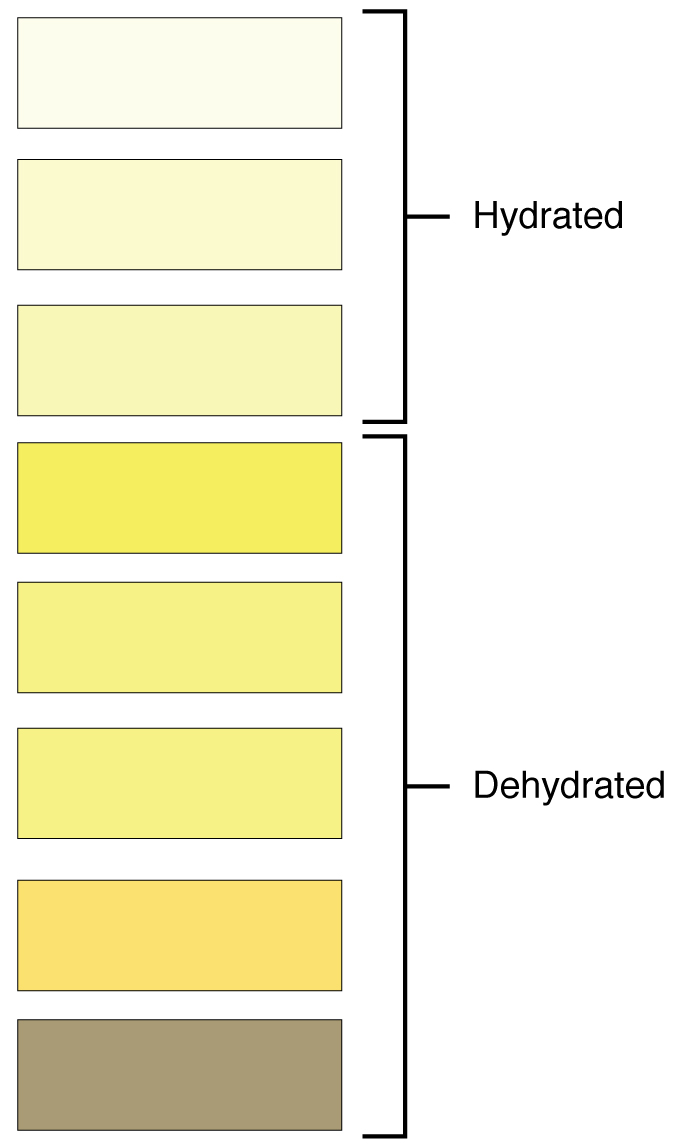It is common knowledge that water is an essential part of the human body; however, most do not know the amount of water necessary to stay healthy. You may hear adults say that “eight glasses a day will keep the doctors away,” but there is actually very little evidence supporting this, and based on modern research, it is almost considered a myth.
Water helps regulate body temperature, protect body organs like the brain, and flush out waste products. Not keeping up with your water intake is called dehydration, which can make you severely ill. According to The Cleveland Clinic, “Dehydration is a condition in which you lose so much body fluid that your body can’t function normally… more moderate to severe cases of dehydration may require hospitalization for treatment with IV fluids. Left untreated, severe dehydration can lead to serious complications, including electrolyte imbalances, organ failure, and death.” Shocking, I know.
Even though one needs to drink a lot of water to stay healthy, drinking too much water can also be harmful. This is commonly seen in athletes who are encouraged to drink large amounts of water. According to WebMD, “If you drink a lot of water in a short period, you may move from mild overhydration to… water poisoning…. when there’s too much water in the cells (including brain cells), causing them to swell…they cause pressure in the brain. You may start experiencing things such as confusion, drowsiness, and headaches.” An example of mild overhydration is the case of Ashley Summers. In 2023, Summers went boating on a nearby lake with her family, and on the fourth day, she drank four bottles of water in about 20 minutes, after which her head started spinning, Today.com reported.
Many factors influence one’s water intake. According to Harvard Health Publishing, “If you are losing water through sweat because you’re exercising, you should increase your water intake…you should adjust your water level when temperatures soar outside.” Water intake is also personalized; those who weigh more will need to drink more water, and those who exercise regularly also require greater amounts to stay hydrated. Additionally, older people should pay close attention to their water intake because they do not have as much of a sense for when they are thirsty. Kinetico Water Systems suggests drinking an ounce of water for every two pounds of body weight, or dividing your weight in pounds by two to determine your necessary water intake.
There are many ways to determine if you need to drink more or less water. According to Mayo Clinic, if your urine is colorless or light yellow and you rarely feel thirsty, your fluid intake is probably adequate. It’s also recommended to drink a glass of water within or between each meal, as well as before, during, and after exercise, especially if you feel thirsty.













































































































































